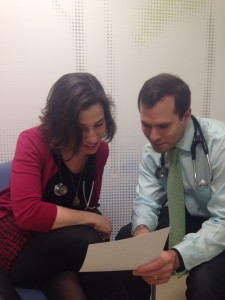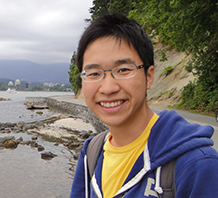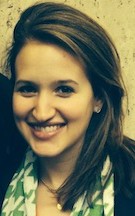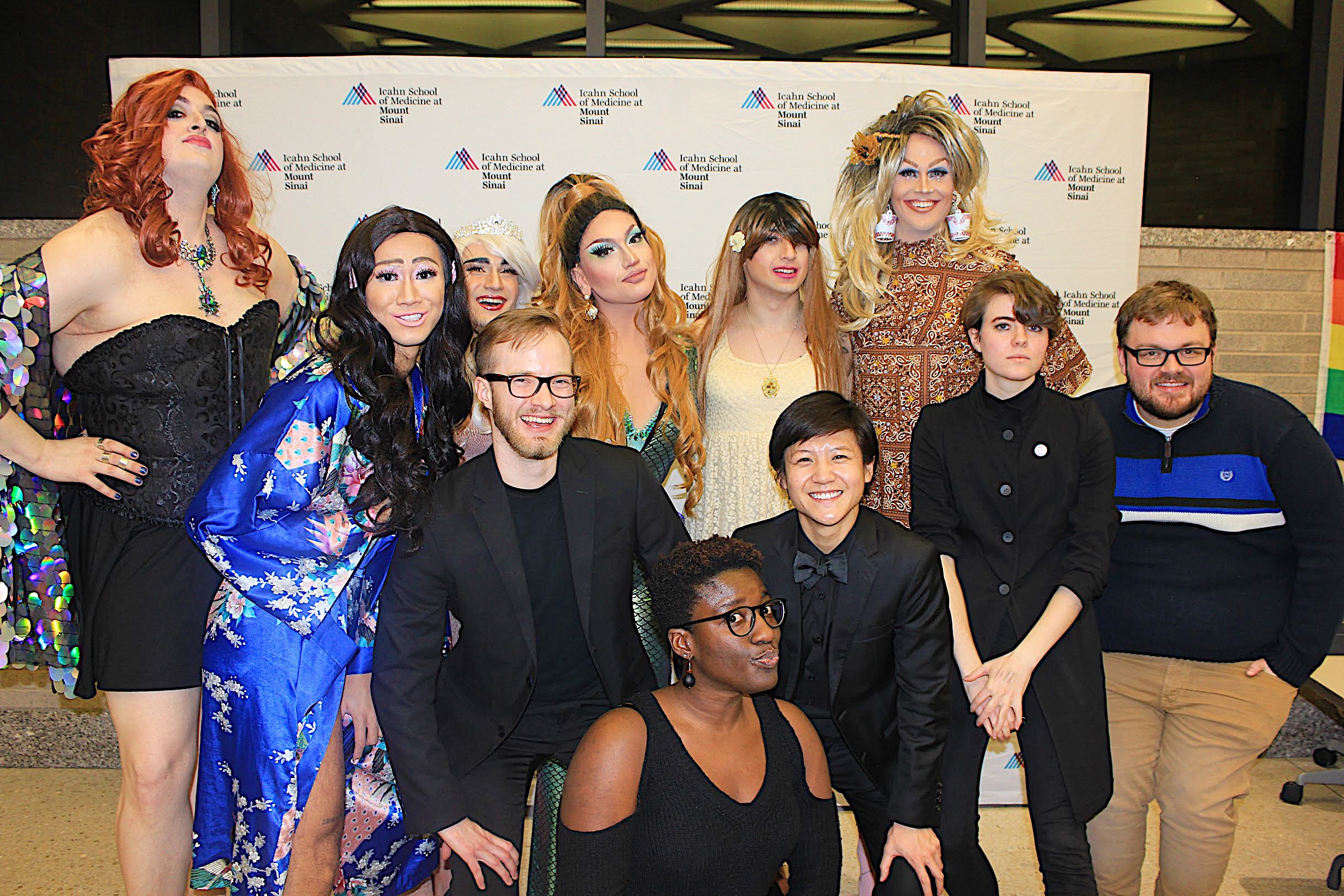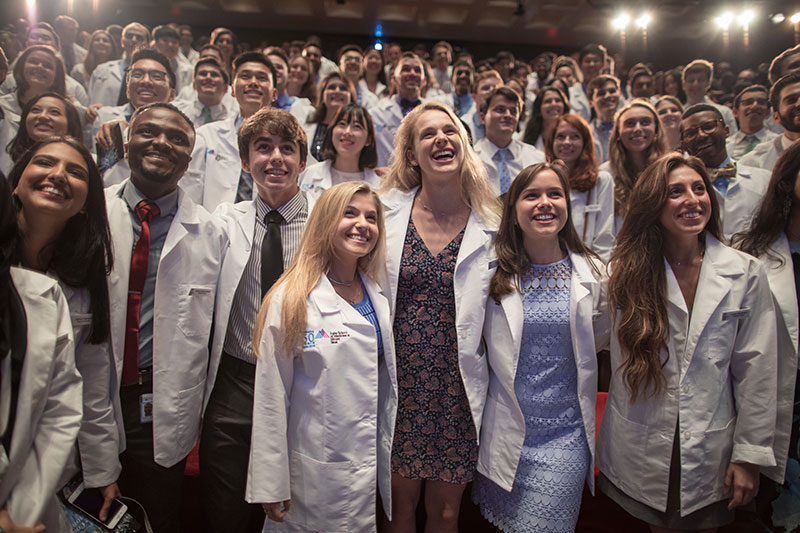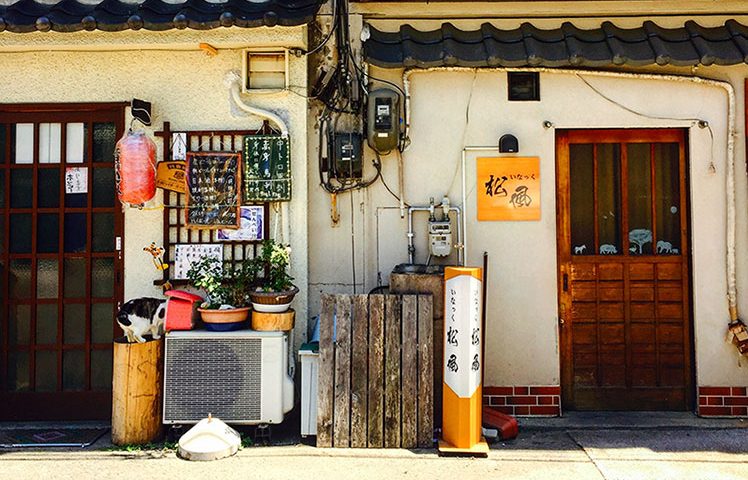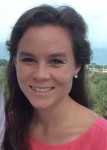 Hannah Takahashi Oakland, MD Student, Class of 2015, reflects on her participation in the Interclerkship Ambulatory Care Track (InterACT). InterACT is a 13-week integrated clerkship which provides select third-year medical students with a longitudinal clinical experience grounded in the foundations of ambulatory medicine, chronic illness care and care for vulnerable persons.
Hannah Takahashi Oakland, MD Student, Class of 2015, reflects on her participation in the Interclerkship Ambulatory Care Track (InterACT). InterACT is a 13-week integrated clerkship which provides select third-year medical students with a longitudinal clinical experience grounded in the foundations of ambulatory medicine, chronic illness care and care for vulnerable persons.
I remember walking into Ms. F’s room for the first time. It is stiflingly hot and smells like a mixture of creams, unbrushed teeth, and diaper contents. This scent is familiar now, but at the beginning of the year, it was difficult for me to identify. . . and to handle. She lay on her home hospital bed humming its low drone, surrounded by half used boxes of wound care supplies and one old chair. Someone had artificially filled the room with old pictures of Ms. F and her family, which seems to be a universal tradition around the bed-bound, but has always seemed strange to me. I have never seen any of the patients look at the pictures, and I wonder if it is because they do not understand them or because they resent the memories as they lay there alone. I thought to myself, as she watched me strangely without curiosity the first time, how will I ever get to know this person with whom I am supposed to develop a relationship? How will I ever help her? She needs advanced wound care, not a medical student without experience. Most immediately, what will I even do here for 30 minutes? I cannot think of more than 5 minutes of physical exam to perform on her, and I cannot interview her, I thought, so how will I fill my time?
I also had no idea what to make of her home health aide. She called my InterACT partner J, my boyfriend, which was funny only the first three times or so. During one of our first conversations, I went through the geriatric review of systems and asked her, “How many times a day does she urinate?” “I don’t know,” she smiles. “Okay, is it more than usual or less?” “I don’t count.” “Okay, would you say you feel like you have to change her more often or less?” “I don’t pay attention to these things.” “Okay is it like 20 times a day or like twice a day?” Now she’s laughing at me. “Okay, would you say she urinates at all?” “Yes.”
“Okay fine.”
One of my first interventions which I planned with Dr. Ripp was to work with this aide on using Miralax. Ms. F was getting very constipated, occasionally resulting in changes in her alertness. When I first started to talk to her aide, she told me that her neighbor in Queens told her that the best way to go about it was to wait until she hadn’t had a bowel movement in 3 days, then to give her a double dose of Miralax. This resulted in her becoming constipated, then having massive diarrhea twice a week, a point on which the aide completely agreed with me, but then still insisted it was the only way.
Continued in Part 2.
 Hannah Takahashi Oakland is an MD Student, Class of 2015.
Hannah Takahashi Oakland is an MD Student, Class of 2015.
During its first 4 years (2010-2014) InterACT was fully funded with a grant from the Josiah Macy Jr. Foundation titled: Educating Future leaders in the Primary Care of Persons with Chronic Illnesses and the Medically Disenfranchised through Longitudinal Clinical Experiences.

